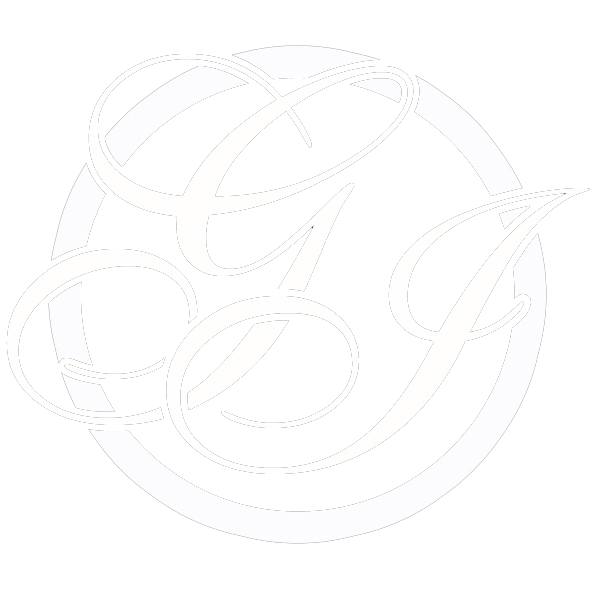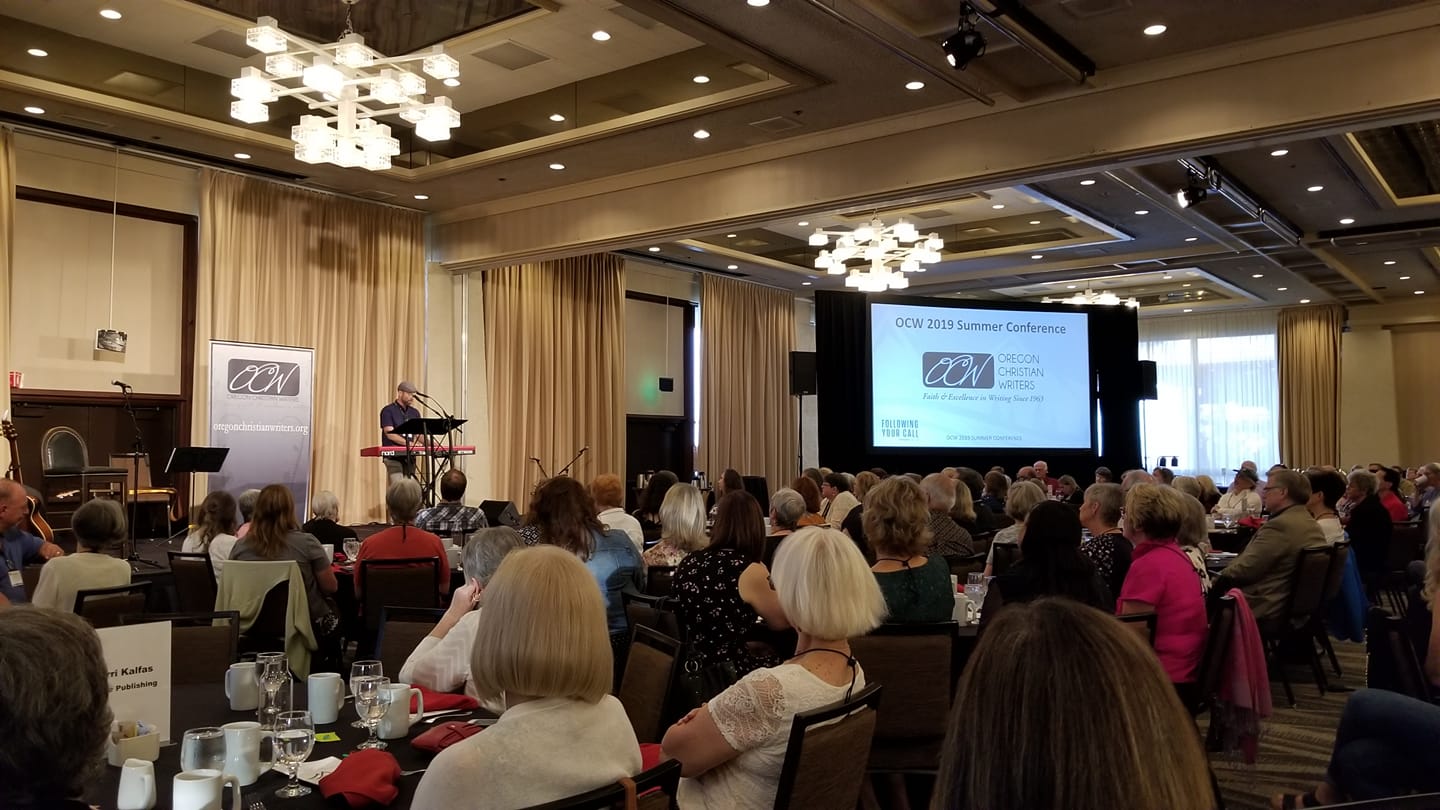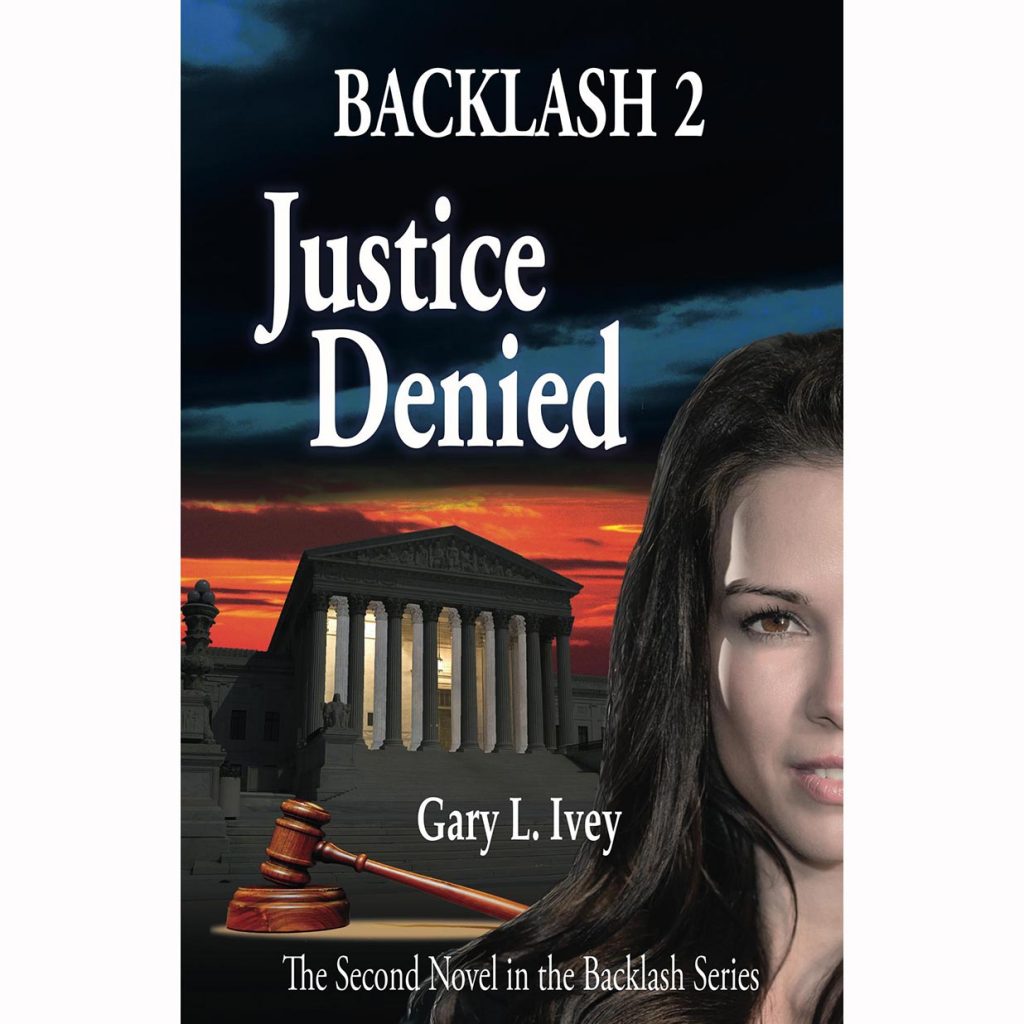I returned from Oregon Christian Writers Conference a week ago and have had a little time to digest it, so I thought I would jot a few takeaways down here.
I have said it was like “drinking from a fire hose” in that it was wall-to-wall activity and learning. There was quite a bit to learn before the conference began, since this was my first time, and I almost missed a couple of deadlines for participation as a result, but while at the conference the schedule was VERY full, with a worship/devotional at nine and a full schedule through the evening keynotes and banquet with night-owl sessions after that.
Not all the information I furiously scribbled in my notebook was new, but I did learn a lot about the current state of the Christian publishing market. It, like the publishing world generally and pretty much everything else, has been impacted greatly by developments in technology, notably Amazon.com, which has caused the number of Christian bookstores to shrink dramatically. But other factors are in play as well, such as ecommerce on a variety of sites, like ChristianBook.com, and on-demand publishing, which makes self-publishing more affordable and accessible.
A recurring theme was the term “Platform,” which refers to an author’s following, primarily in terms of email addresses of readers and fans that he possesses. Social media following is less of a factor than one might expect. This was my main takeaway from the conference: that I’ve got to take some substantive steps to build my “Platform” before I publish another book. That’s the case whether I traditionally publish or self-publish again. That’s another of the big changes in traditional publishing: the marketing is dependent on the author and if he doesn’t have a substantial “Platform,” large publishers won’t likely offer a contract.
Building a platform for nonfiction would require some or all of the following, in no particular order:
- A blog (perhaps a new one devoted to my nonfiction topic, apart from GaryIvey.com – ANOTHER website! And I would have to faithfully post to it, which would be a change).
- A YouTube channel (I have one but I haven’t done anything because I know I would need to be faithful and regular. Since I have a background in video production, doing this doesn’t scare me at all).
- A podcast (a new idea that I hadn’t seriously considered but the technical aspects to producing one are well-known to me).
- Building a new mailing list (separate from the one I have built for the Backlash series, because the subject matter is different. This would require the creation of free material I would give away to entice people to sign up).
- Speaking engagements (where I would talk about the contents of the nonfiction book. There’s kind of a “chicken/egg” conundrum here, because who would ask me to speak when I haven’t written the book, but how can I get a book deal if I haven’t built some “cred” by speaking on the topic?).
- Magazine articles (This would mean pulling chapters from the book and packaging them as stand-alone articles. Doing that is no problem, since I was once a magazine editor. The problem is getting magazines to accept the articles. There were magazine editors at the conference but I didn’t go in thinking I needed to pay attention to them. Turns out I did).
All in all, the conference was a tremendous experience. I met a lot of great people and learned a lot about process in traditional publishing.
Will I go again? I want to and need to, but it’s very expensive. There is in fact another conference in northern California in April that’s probably bigger. We’ll see.








Greetings! I know this is kinda off topic but I was wondering which blog platform are you using for this website?
I’m getting fed up of WordPress because I’ve had issues with hackers and I’m
looking at alternatives for another platform. I would be great if you
could point me in the direction of a good platform.
I use WordPress. I don’t know a different one that has as many plugins.